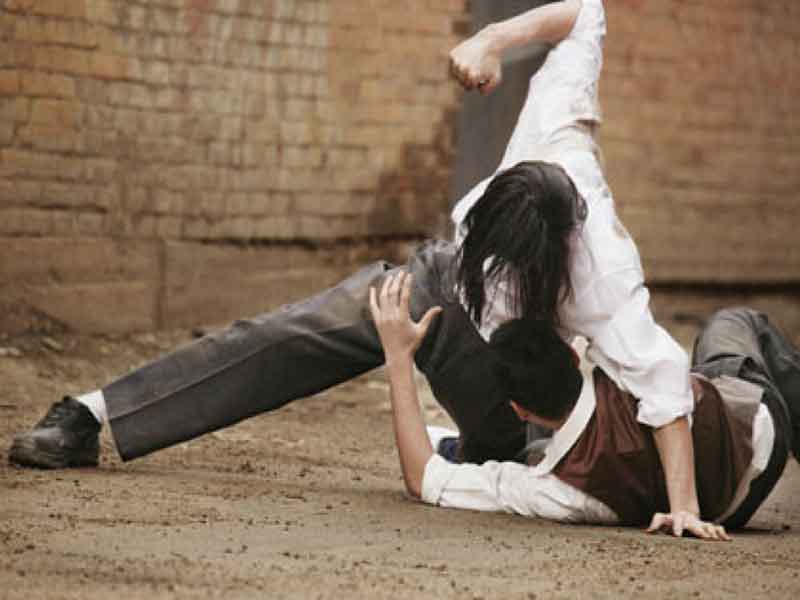Criminal Injuries Compensation
Compensation for Criminal Injury
How can I claim compensation because I have suffered criminal injury?
There are three ways that you can make a claim for compensation for injury, and if appropriate for any loss you have suffered, as a result of a criminal offence:
- If the matter has gone through the courts you could make an application against the offender
- Undertake a common law claim against the offender
- Claim through the Western Australian Government Injuries Compensation Scheme
The majority of claims are made through the last of these options, under the “Criminal Injuries Compensation Act 2003.”
What exactly can I claim for?
Claims are not limited to covering only injury – financial loss may also be involved. The financial losses can include, but are not limited to, loss of income, various medical expenses and even loss of enjoyment of life.
You can claim whether or not anyone has been convicted of an offence causing injury against you.
When should I make a claim?
You should make a claim as soon as it is practicable after the injury, but of course, this may be delayed whilst the full extent of injuries and their ramifications are examined, and also the canvassing of the extent of any recovery has been determined.
Applications need to be received within three years of an injury, although this period may be extended provided adequate reasons for the delay are given.
Should I engage a lawyer to act for me?
The processes involved in claims for criminal injury can be quite complex, and in many instances the advice of a lawyer should be sought, especially so if:
- Injuries were inflicted when you were a child, or the victim is a child who is related to you in some way
- The injury involved long term sexual abuse
- The offender has not been charged with an offence
- The offence was not even reported to the police
The services of a lawyer should be sought if the claim to be made is outside the three year limit.
Do the Police need to be involved?
It is in your own interests to report the matter of criminal injury to the Police – remember that even if no person is charged with an offence you may still claim and receive compensation.
The police will endeavour to identify and convict an offender, and may also instigate proceedings to obtain money from him or her (although you may not be directly involved in the process).
It should be noted that compensation may not be forthcoming if you do not help the police when making their enquiries – you need a really good reason as to why you preferred to refrain from reporting a criminal injury.
What do I need to consider about compensation payments?
Interim payments can be made for any medical treatments you need to have.
Interim payments may awarded to cover funeral costs or reimbursed if already paid.
Keep a record of all payments received from the Office of The Assessor of Criminal Injuries Compensation – these amounts may be required by the Tax Office and Centrelink, and of course required by your accountant and/or lawyer.
What can I do if my claim is rejected by the Assessor of Criminal Injuries Compensation?
Your lawyer will be best able to advise you what avenues are open to you should your claim be rejected.
The first option is to appeal the decision in the District Court, within 21 days of the decision.
If that avenue is exhausted, then it might be appropriate for you to pursue a “Common Law Claim” if it is anticipated that the offender is able to pay any sum awarded, otherwise the exercise may be rather pointless.
Getting help
There are Government run support services for victims of crime that are able to offer confidential counselling as well as referrals.
Contact Us Today for your first FREE consultation to discuss your claim.

Request a Callback
Fill in the form below to request a callback to discuss your claim.
